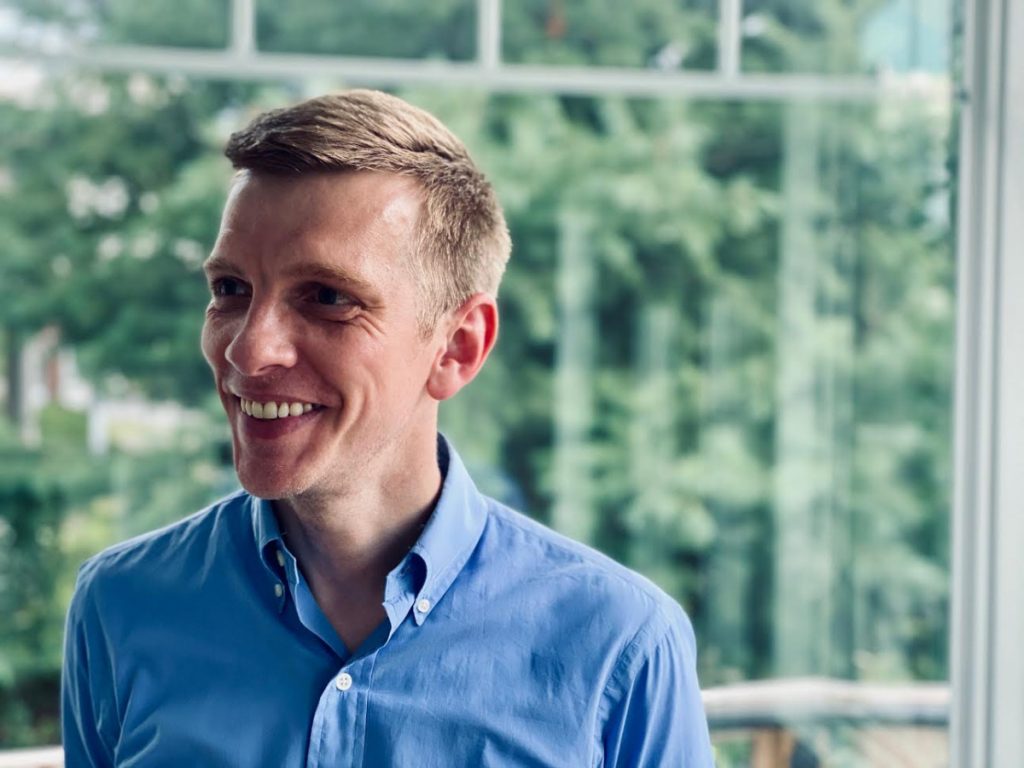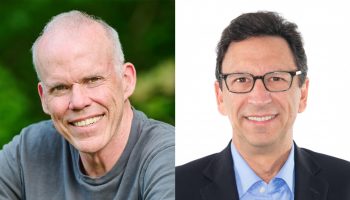MAX ZAMBRANO – STAFF WRITER

Using his own brain, Angus Fletcher thought of a different way of understanding every human’s brain.
“When I started out in neuroscience research, everyone had a lot of different ways of studying the brain, but a lot of them involved cutting up the brain,” he said. “My thought was we might understand a lot more about the brain by studying some of the things the brain has created.”
Creativity, imagination and emotion weren’t being studied much in neuroscience when he began his studies more than two decades ago in college, he said. So, he began studying the arts and its relation to neuroscience. He ultimately earned his doctoral degree from Yale University. Fletcher, now a professor of story science at Ohio State University, published his findings in Wonderworks: The 25 Most Powerful Inventions in the History of Literature, released this past March.
He will open Week Eight’s Chautauqua Lecture Series, themed “The Human Brain: Our Greatest Mystery,” at 10:30 a.m. Monday, Aug. 16 in the Amphitheater.
This book, endorsed by respected psychologists, neuroscientists, doctors and literary scholars from around the world, outlines things Fletcher has learned, what literature teaches about the brain, why the brain is special but also how the brain and literature evolved together, he said.
“Literature is our most powerful tool for getting the most out of the human brain,” he said.
Literature can help people have a healthier brain, heal grief, sorrow and loneliness, give the brain more joy, hope, love and empathy, can make people better problem-solvers or think scientifically and can help people be more creative, Fletcher said.
“Basically, the goal of the book is to lay out how to get more of the good stuff out of your brain by reading some of your favorite books in a different way and by reading some wonderful books on your shelf that maybe you haven’t picked up yet,” he said.
He’s made some surprising discoveries along the way.
Having worked with veterans dealing with trauma and various therapies for trauma, Fletcher said it was recently discovered there are two forms of post-traumatic stress disorder.
One is commonly caused by a single, violent instance of trauma, which is the more commonly known type of PTSD involving flashbacks and uncontrollable emotions, he said.
The second kind works the exact opposite, he said. If someone has chronic trauma over time, such as in the cases of domestic abuse or a highly dysfunctional or stressful work environment, then it can manifest in no emotion or numbness, often called depersonalization or derealization, he said.
“What surprised me was that poets and writers actually realized this before scientists,” he said. “They had developed ways of dealing with both types of trauma.”
One of Fletcher’s favorite aspects of literature is it makes people more imaginative, he said. He made another surprising discovery related to that.
“One of the things that blew me away was that a lot of specific techniques and technologies that writers discovered for increasing our imagination and creativity are in children’s literature,” he said. “We always think of children as being more naturally imaginative than adults, but a big part of it is not that — it’s actually the kind of books they read, the kind of stories they tell.”
People stop reading those books when they are no longer children, simultaneously losing touch with the same level of creativity and imagination, he said. Revisiting those books could spark people’s creativity and imagination, which could benefit them in their ordinary lives, he said.
“These books from our past that we’ve forgotten about might actually be the thing we need to go back to and need most,” he said.
In his lecture, Fletcher will focus on emotion and creativity, giving a few quick and specific examples of how literature can help understand those two traits. He said people will be invited to think of the brain in a completely different way than they were taught or that most scientists still think.
He hopes his book will change education in the United States.
“Education in this country is focused primarily on critical thinking and logic,” he said. “Even in our arts and literature classes, we go in and learn about critical thinking and writing arguments.”
Instead, literature should stir emotional growth and creative thinking. Literature is open-ended and diverse, so it doesn’t prescribe or restrict that growth, but rather gives opportunities for people to find themselves emotionally, creatively and intellectually, he said.




